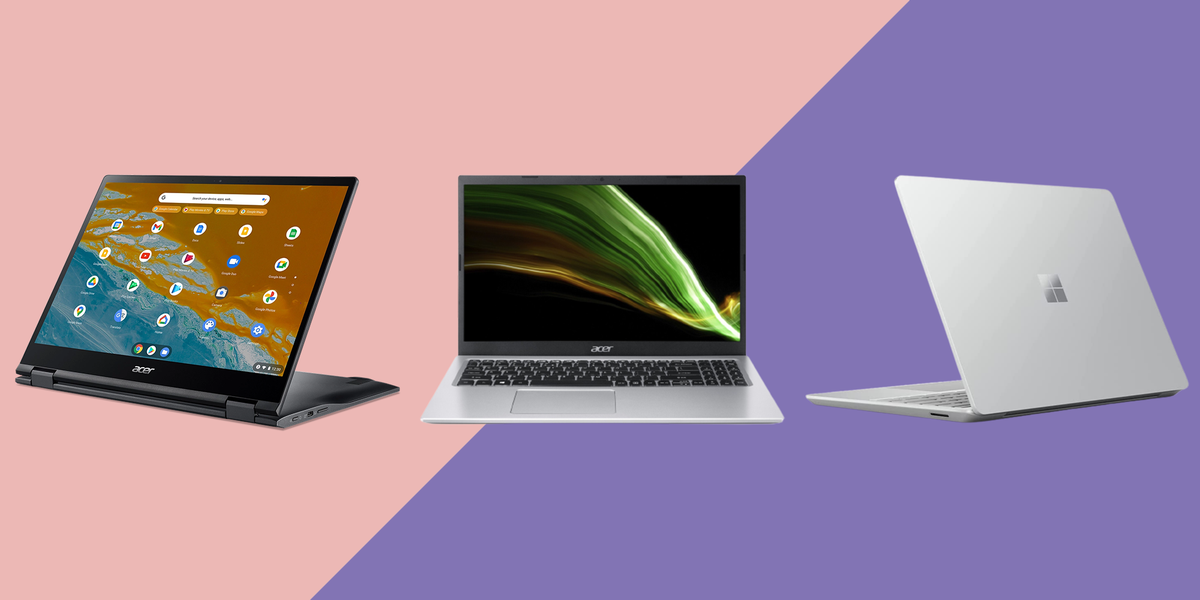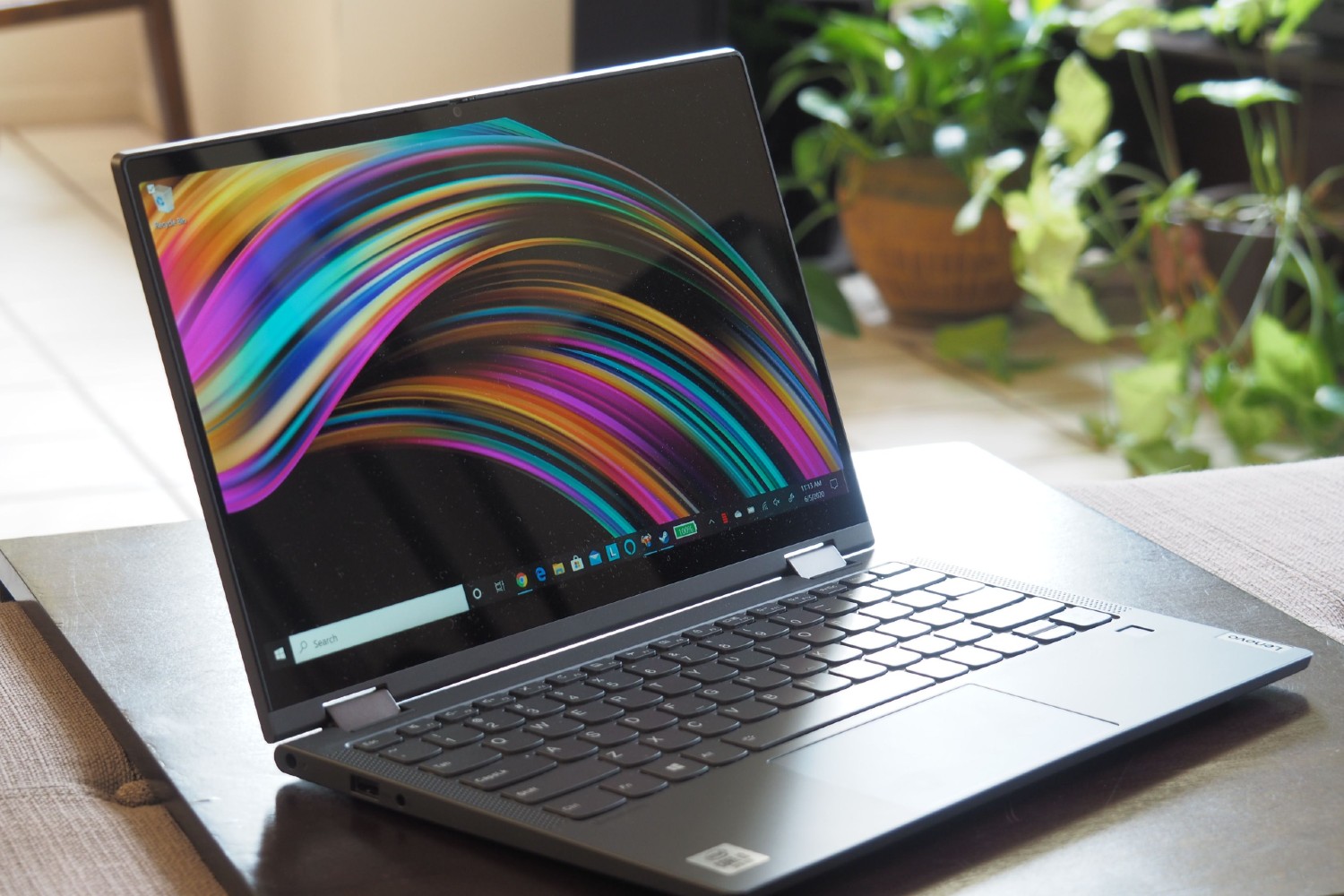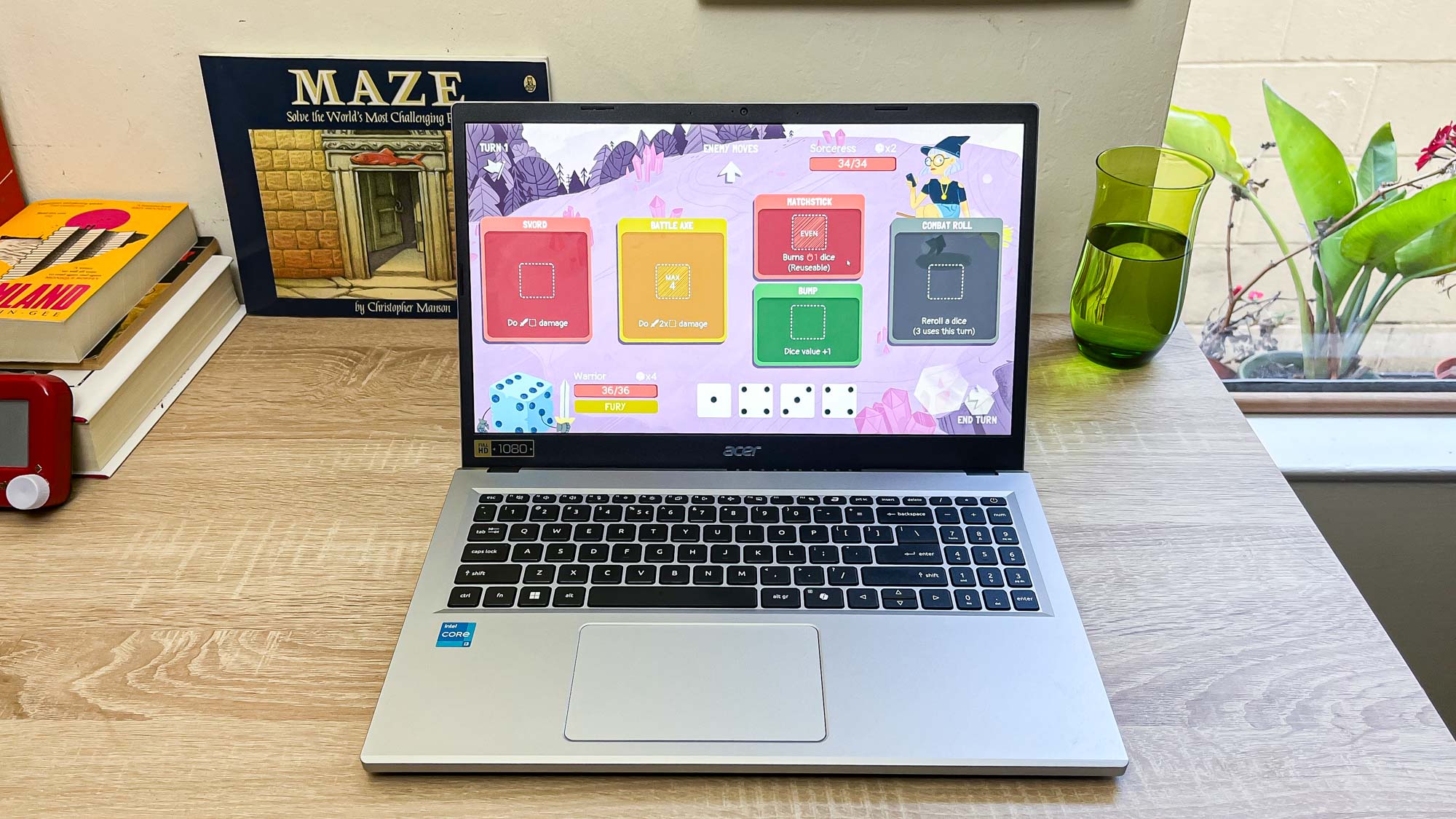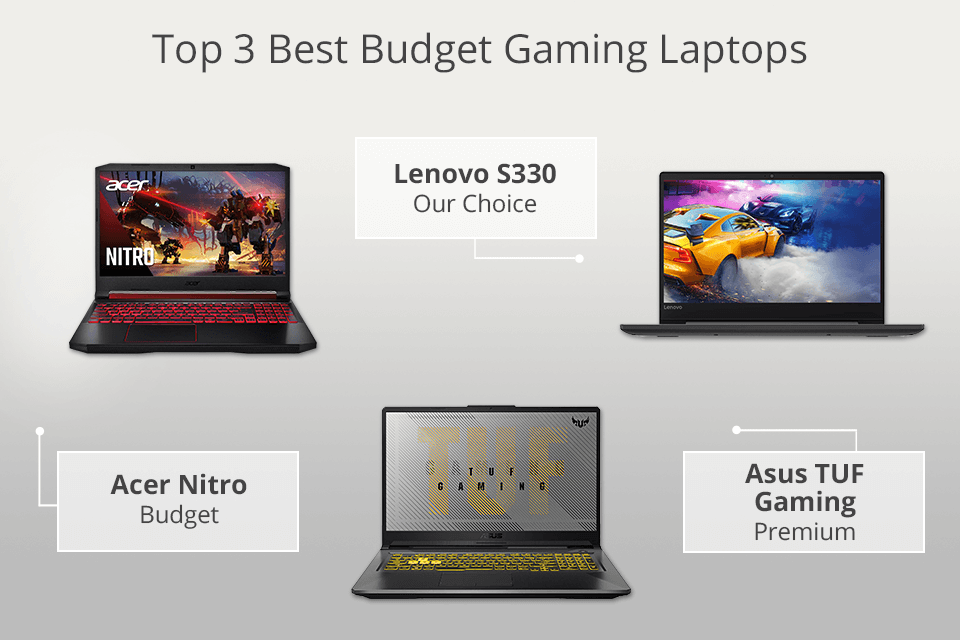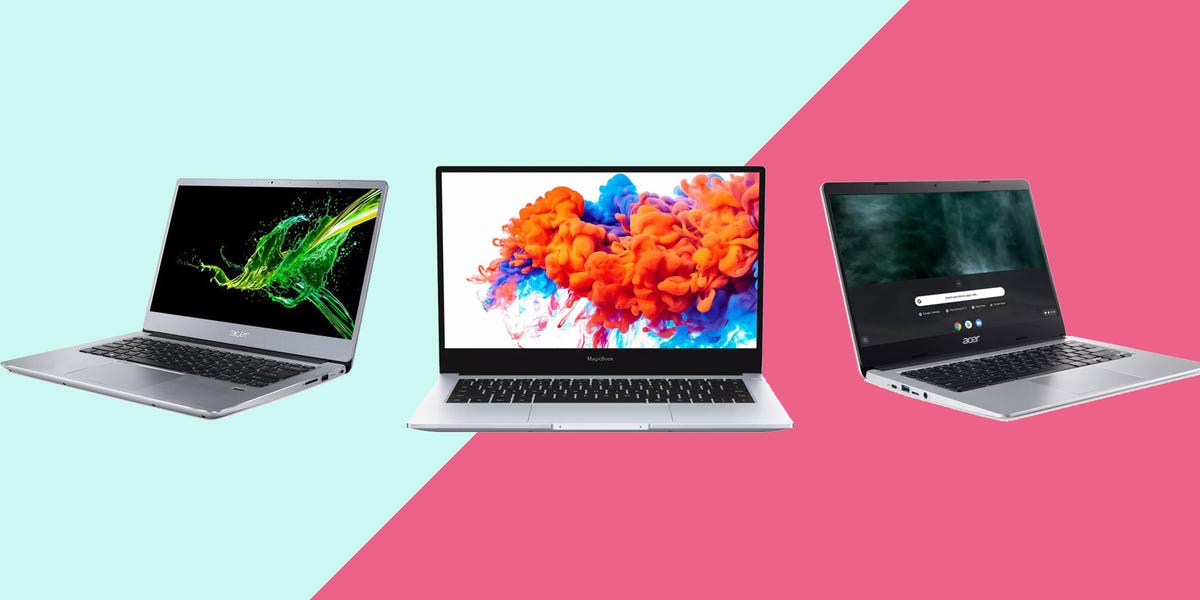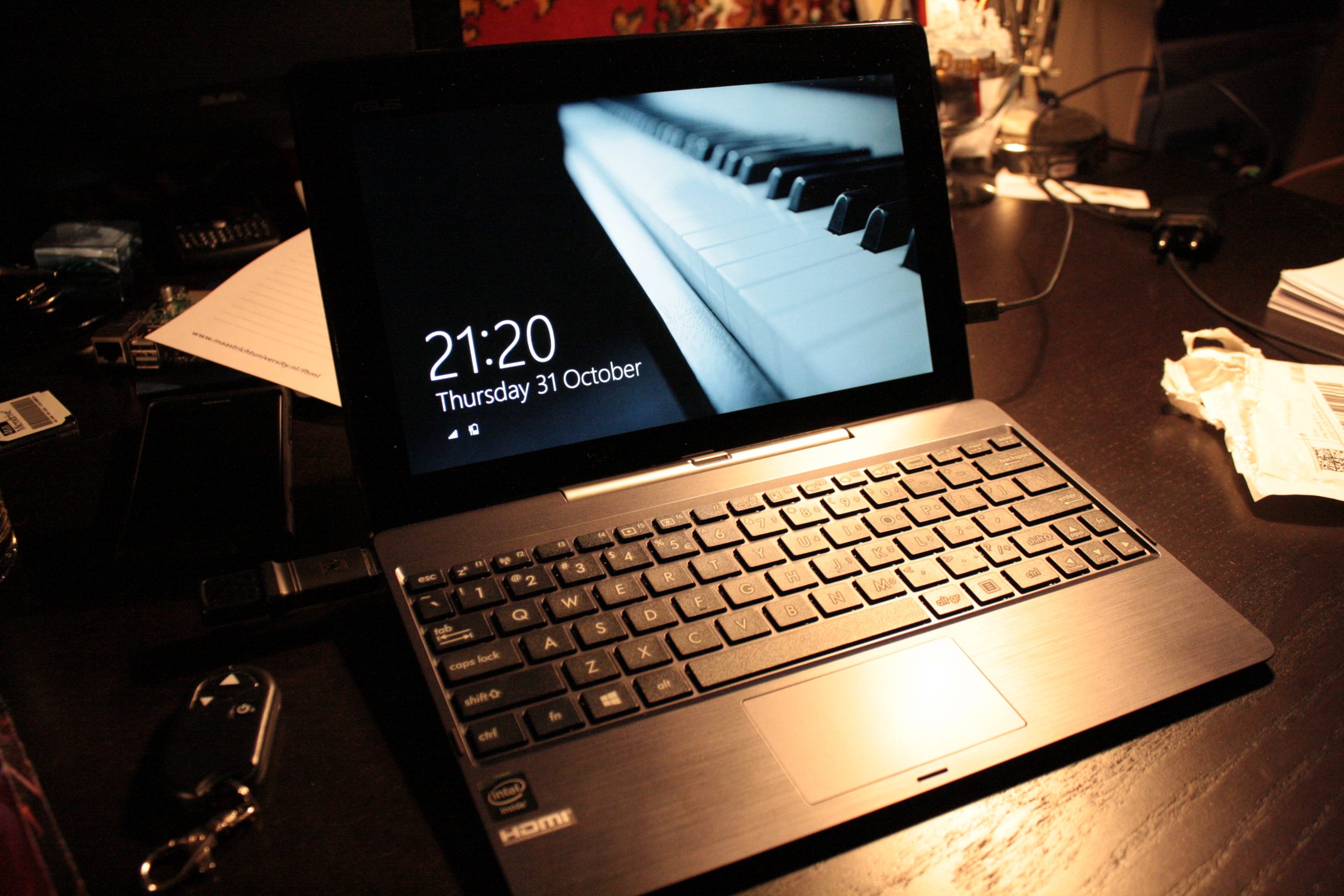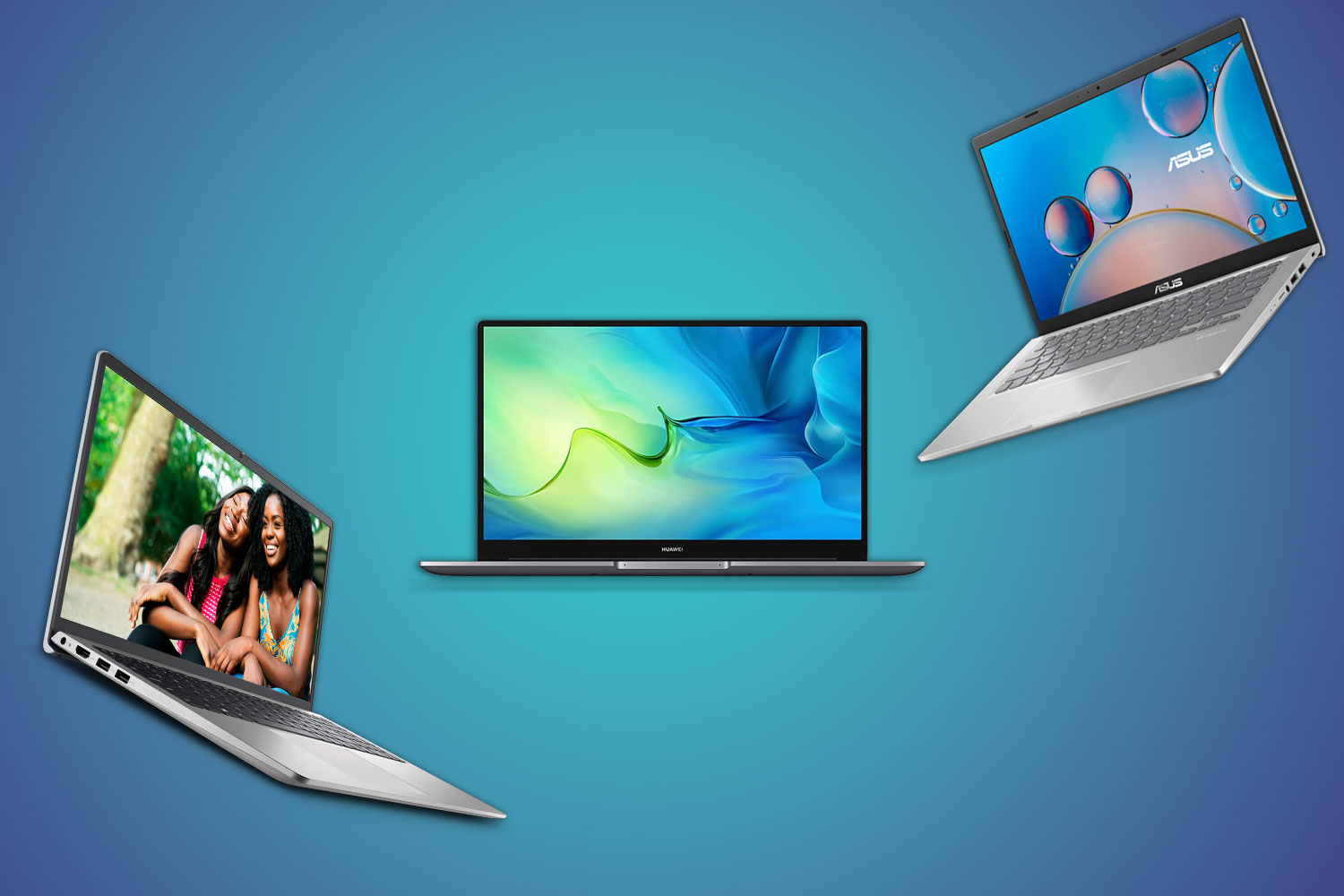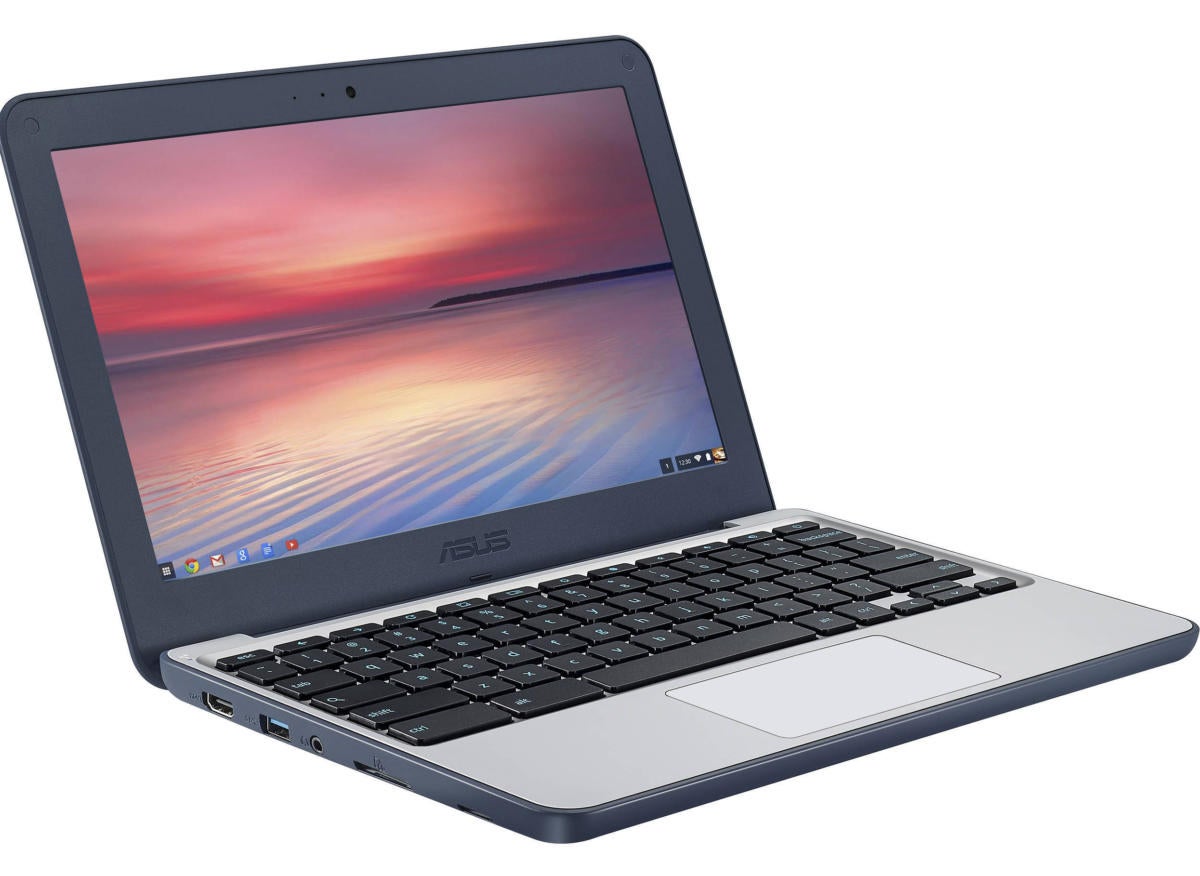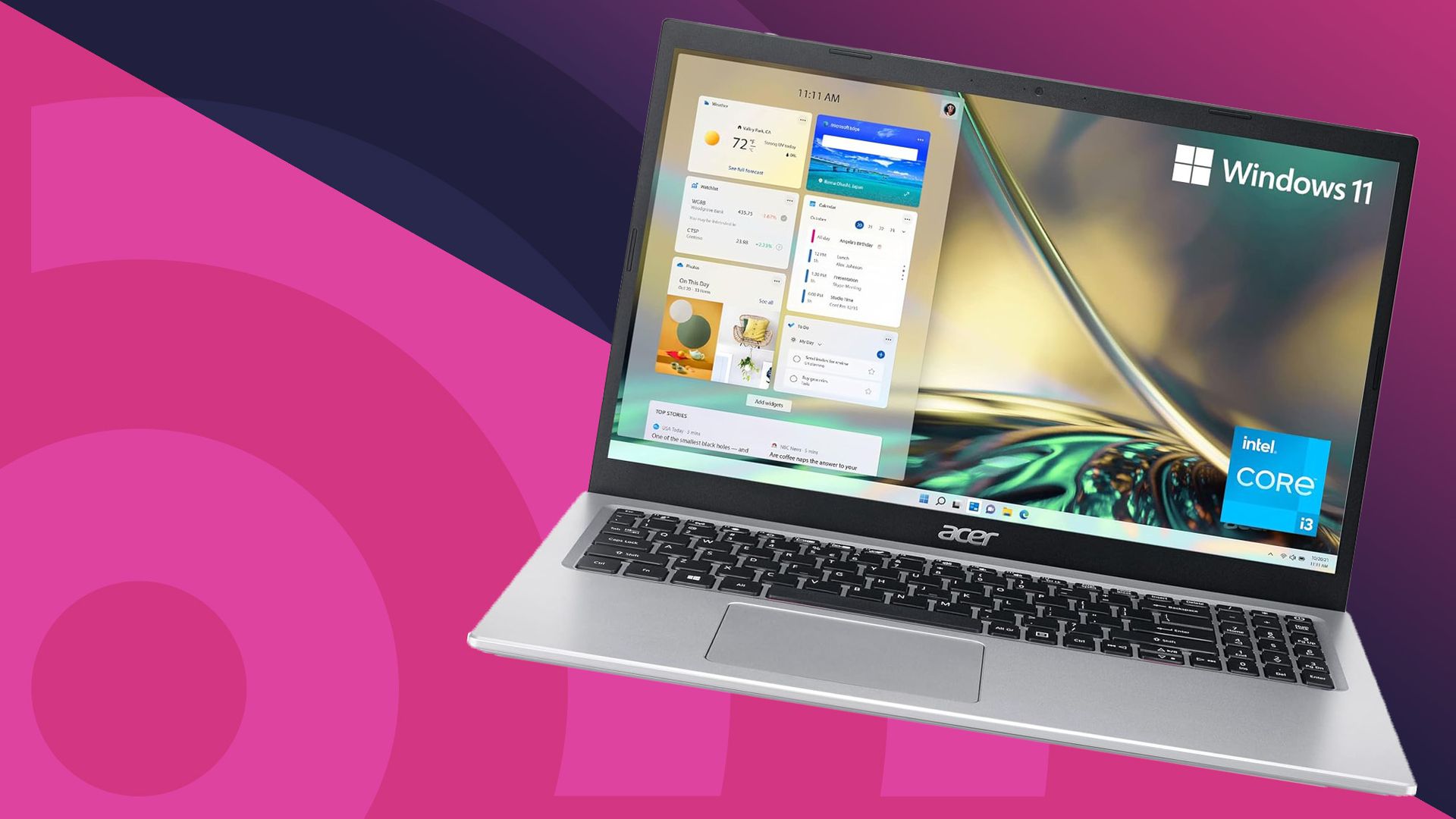What's A Good Inexpensive Laptop
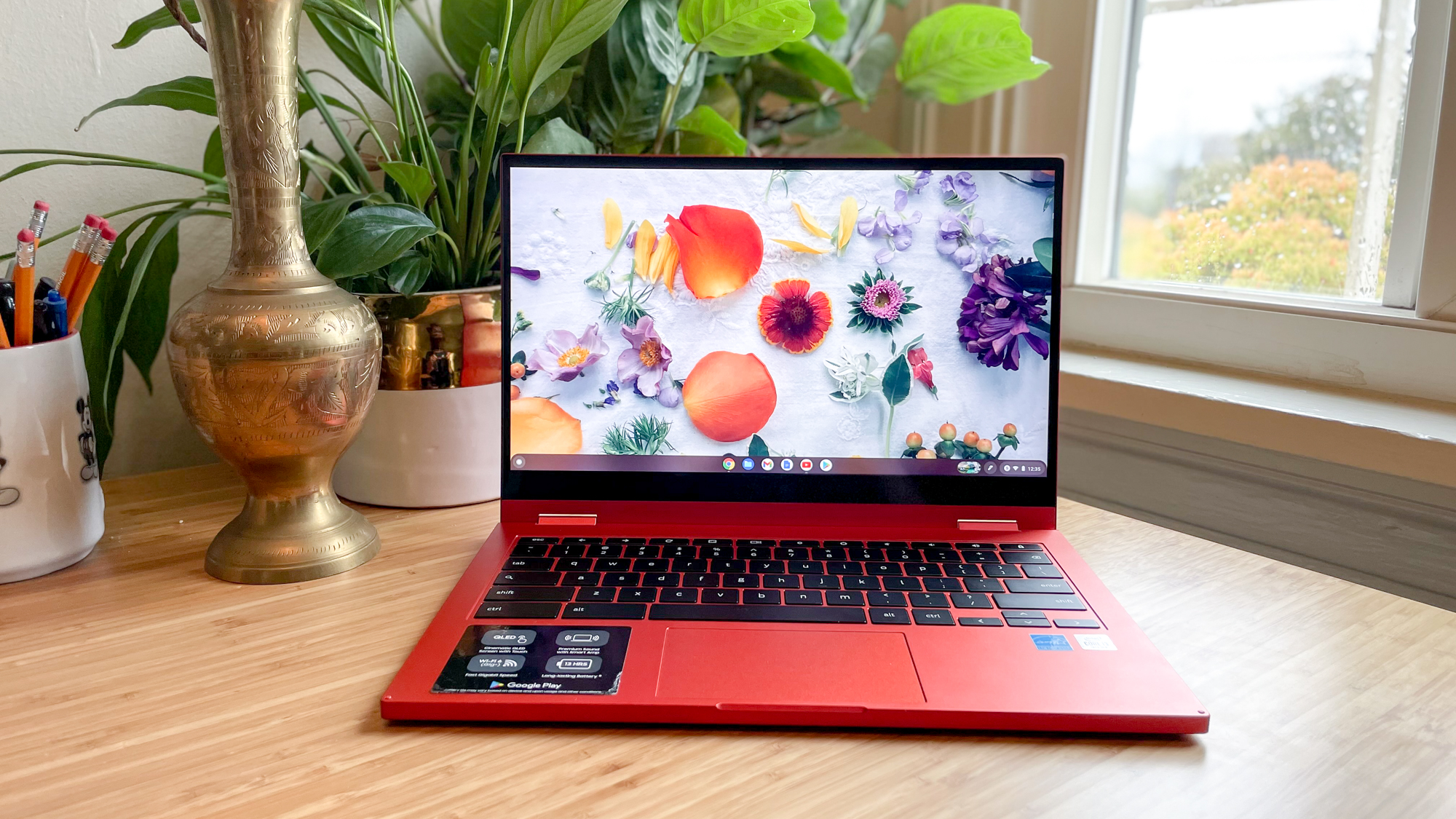
So, you need a laptop. Not just any laptop, but a good, inexpensive one. Welcome! You're in the right place. This guide is designed for first-time buyers, students, or anyone who wants a reliable machine without breaking the bank.
We'll cut through the jargon, compare models, and give you the insider tips you need to make a smart choice. Let's dive in and find you the perfect budget-friendly laptop!
Why an Inexpensive Laptop Matters
In today's digital world, a laptop is practically a necessity. Whether it's for school, work, or simply staying connected, a laptop opens up a world of possibilities. But affordability is key.
For many, a high-end, premium laptop is simply out of reach. Luckily, the market is filled with excellent, budget-conscious options that can handle everyday tasks with ease. These laptops provide access to opportunities that may otherwise be limited.
Top 5 Inexpensive Laptops: A Quick Comparison
Here's a head-to-head comparison of some of the best inexpensive laptops on the market. This table highlights key specs to get you started.
| Model | Price (USD) | Processor | RAM | Storage | Warranty |
|---|---|---|---|---|---|
| Lenovo IdeaPad 3 | $350 | AMD Ryzen 3 | 8GB | 256GB SSD | 1 Year |
| HP Chromebook 14 | $300 | Intel Celeron | 4GB | 32GB eMMC | 1 Year |
| Acer Aspire 5 | $400 | AMD Ryzen 5 | 8GB | 256GB SSD | 1 Year |
| Dell Inspiron 15 3000 | $380 | Intel Core i3 | 8GB | 256GB SSD | 1 Year |
| ASUS Vivobook L210 | $250 | Intel Celeron | 4GB | 64GB eMMC | 1 Year |
Detailed Reviews: Getting Into the Nitty-Gritty
Let's take a closer look at each of these laptops, examining their strengths and weaknesses.
Lenovo IdeaPad 3
The Lenovo IdeaPad 3 offers a great balance of performance and affordability. Its AMD Ryzen 3 processor handles everyday tasks smoothly. The 8GB of RAM ensures decent multitasking capabilities.
The 256GB SSD provides fast storage and quick boot times. It's a solid all-around choice for students and casual users.
HP Chromebook 14
The HP Chromebook 14 is a fantastic option if you primarily use web-based applications. ChromeOS is lightweight and fast, making it ideal for browsing, streaming, and online productivity. It's an excellent choice for students or anyone needing a simple, portable device.
Keep in mind that the 32GB of eMMC storage is limited, but cloud storage can compensate. Its integrated graphics card isn't suitable for graphic-intensive apps.
Acer Aspire 5
The Acer Aspire 5 is a step up in performance, thanks to its AMD Ryzen 5 processor. This allows for more demanding tasks like video editing and light gaming. With 8GB of RAM and a 256GB SSD, it offers a smooth and responsive experience.
It's a great value for the price and a solid choice for users who need a little more power. Its battery life could be better.
Dell Inspiron 15 3000
The Dell Inspiron 15 3000 is a reliable workhorse with a larger 15.6-inch screen. The Intel Core i3 processor is capable of handling everyday tasks. This laptop also offers a comfortable typing experience for those who write frequently.
The 8GB of RAM and 256GB SSD ensure decent performance. Its design is a bit bulky but it makes up for it with functionality.
ASUS Vivobook L210
The ASUS Vivobook L210 is an ultra-portable and budget-friendly option. It is a good fit for those that prefer a compact size. It's perfect for on-the-go use with decent battery life.
The Intel Celeron processor is suitable for basic tasks like browsing and word processing. However, the 4GB of RAM and 64GB of eMMC storage may feel restrictive for some users.
Used vs. New: Which is the Better Deal?
Buying a used laptop can save you money, but it also comes with risks. Here's a breakdown of the pros and cons:
Used Laptops:
Pros: Lower cost, potential for higher specs at a lower price point. Cons: Uncertain history, potential for hidden problems, shorter lifespan, limited or no warranty.
New Laptops:
Pros: Brand new condition, warranty coverage, longer lifespan. Cons: Higher initial cost, specs may be lower than a used laptop at the same price.
If you're comfortable with the risks, a used laptop can be a great way to get more bang for your buck. However, for peace of mind and guaranteed performance, a new laptop is often the better choice, especially for first-time buyers.
Reliability Ratings by Brand
Some brands have a reputation for building more reliable laptops than others. While individual experiences may vary, these are some general trends:
Generally Reliable: Lenovo, Dell. These brands often offer robust construction and good customer support.
Good Reliability: HP, ASUS. These brands strike a good balance between price and reliability.
Variable Reliability: Acer. Acer's reliability can vary depending on the specific model.
Always check reviews for specific models to get a better sense of their reliability.
Checklist: 5 Must-Check Features Before Buying
Before you commit to a purchase, make sure you've considered these five crucial features:
- Processor: Ensure it's powerful enough for your intended use (Intel Core i3/Ryzen 3 or better for general use).
- RAM: 8GB is recommended for smooth multitasking.
- Storage: Opt for an SSD (Solid State Drive) for faster performance. 256GB is a good starting point.
- Screen Size & Resolution: Consider your portability needs and viewing preferences. FHD (1920x1080) resolution is preferable.
- Warranty: A one-year warranty is standard, but longer warranties offer better protection.
Summary
Choosing the right inexpensive laptop requires careful consideration. We have compared the top 5 models and outlined the pros and cons of buying used versus new.
The reliability rating by brand and our 5 must-check features will help guide you. Think about your specific needs and prioritize the features that matter most to you.
Ready to Choose?
Now you're armed with the knowledge to make an informed decision. Research current prices, read user reviews, and don't be afraid to ask questions. Happy laptop hunting!
Click here to compare prices on Amazon and find the best deal today!


